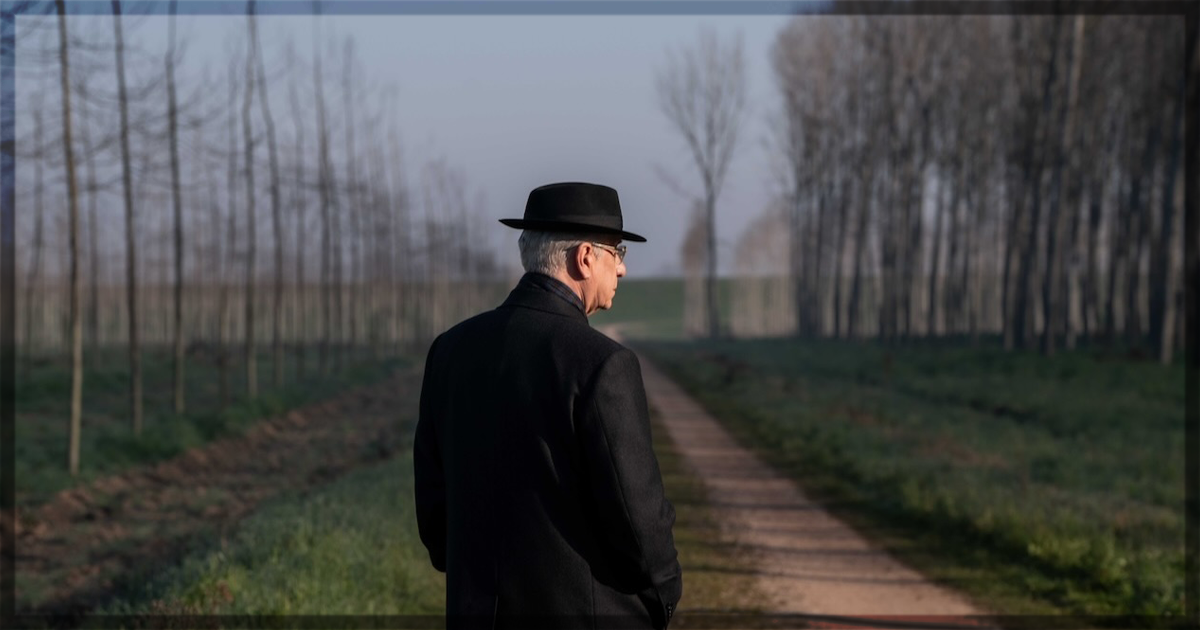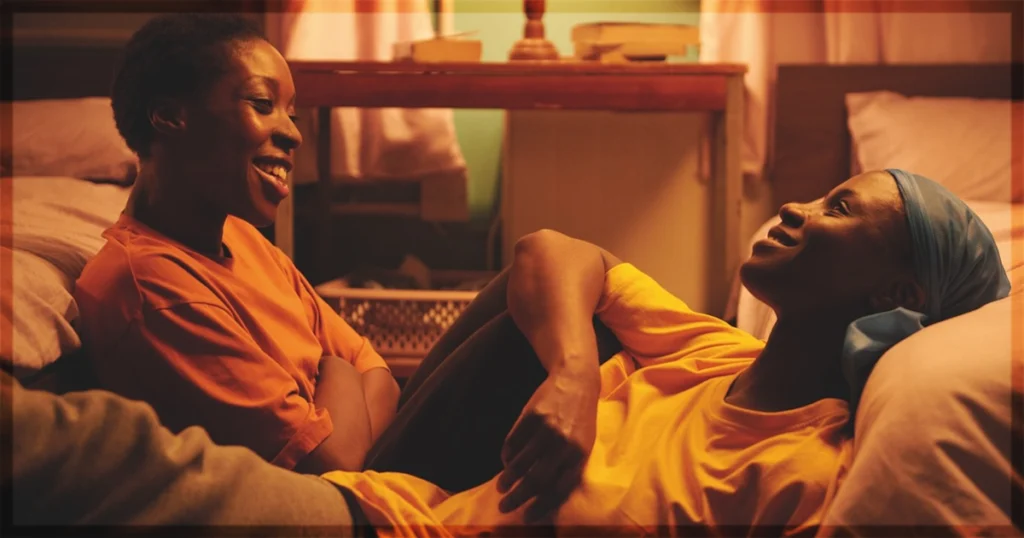At first glance La Grazia looks like another old-fashioned movie about responsibility and the care that we owe each other. Then the sound design by Mirko Perri and the score by Nick Donnelly kicks in, both heavily reliant on snippets of pulsing electronic music and thumping Italian rap, which somehow perfectly echo memories. As the drop takes over it becomes vividly apparent La Grazia is something truly special. This examination of the limits of power is designed to seep into the corners of your brain. It’s an unusually powerful surprise.
Mariano De Santis (Toni Servillo, who won the Volpi Cup for Best Actor at the Venice Film Festival for his performance here) is in the final months of his presidency. As his tenure is winding down there are two questions on everybody’s mind: will he legalise euthanasia before he goes, and will he grant a pardon (una grazia) to one or two convicted murderers? The murderers are Isa Rocca (Linda Messerklinger), who killed her husband in his sleep after enduring years of abuse, and Cristiano Arpa (Vasco Mirandola), a beloved teacher who killed his incurably demented wife. Mariano moves through the palace and the other splendid places of his rank, performing the duties of his position but mainly considering these thorny issues. His daughter Dorotea (Anna Ferzetti) is also a legal scholar, although not as brilliant as he is, and together they debate whether euthanasia is compatible with their Catholicism. Dorotea is firm that it is, but Mariano is not so sure.
He sneaks cigarettes from his chief bodyguard Massimo (Orlando Cinque). He has dinner with old friends, fellow politician Ugo (Massimo Venturiello) and art critic Coco (Milvia Marigliano, who makes an enormous impression) and they talk about Mariano’s late wife, who was Coco’s best friend. He listens to rap through headphones on the palace rooftop as he looks over Rome, and considers. He seeks advice from the Pope (Rufin Doh Zeyenouin, whose casting is pointed). His beloved late wife cheated on him many decades ago but he doesn’t know with whom. This question has been sand in his shoe all this time, and Mariano is determined to find out the answer at any cost. The clock ticks. The music pulses. His power is running out.
Showing how a thought process becomes form is never not fascinating, and since there are so many different ways for an idea to manifest in the world, there are endless possibilities. Writer-director Paolo Sorrentino, a giant of Italian cinema who has frequently worked with Mr. Servillo, has done something deeply unusual here and given a thought process perfect shape. He understands Mariano inside out and knows the precise steps he will take in order to make his decisions, both about euthanasia and the pardons. Mr. Sorrentino knows what is most important to Mariano, and why, and how he slowly and carefully measures the competing interests to arrive at the best result. No one else would handle these things in this precise way, which is what makes it so fascinating.
Mariano has screaming arguments with Coco about his wife’s fidelity, but also thrills to her presence at a dinner, where she sits down, reads everyone and everything under her eye for filth, ignores the delighted laughter which her boldness inspires, and shortly after blows out the door. Ugo is much more measured, more obviously playing the political game into order to become president himself, but still a trusted friend despite his reticence. Dorotea has devoted her own life to her father’s career at some cost to herself. It’s a price she has very happily paid, and Ms. Ferzetti does a lovely job of underplaying here, but Dorotea can no longer ignore the question of her own choices once the apparatus of the state no longer holds them up. And Mariano puts his headphones on, bobs his head to his surprising choice of music, and wonders.
Is it clear how completely enthralling this is? The stakes could not be higher, the story could not have been told more skillfully, and the echoing, beating score ensures that we are taken by surprise again, and again, and again. It’s an overused phrase, but La Grazia is a masterpiece, not only in its form but in its content. There is so much humanity here – from the sneaking of the cigarettes to the arguments in the car, from the sad faces in the prison waiting room to the quiet dinners eaten by candlelight – so much unpredictability, and so much heart. It’s a proper banger.
La Grazia (The Pardon) recently played at the London Film Festival.
Learn more about the film at the IMDB site for the title.


